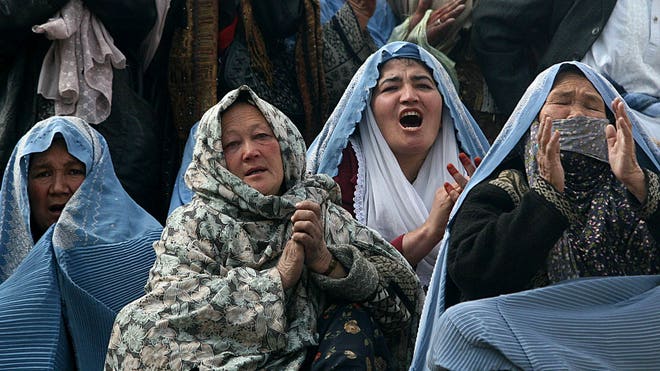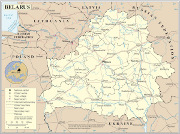.jpg) |
| (Map courtesy Wikipedia) |
Earlier this month, we shared how the 67-year-old church leader was being detained in a psychiatric center. According to Forum 18 News, Kashkumbayev is accused of "seriously harming the health of citizens."
Authorities claim the pastor "prayed for the sick and psychologically influenced" church members. The woman they say Kashkumbayev harmed, Lyazzat Almenova, told Forum 18 "[Kashkumbayev] is totally innocent and has not harmed my health at all."
International Christian Concern says Kashkumbayev is now being held at a pre-trial prison in the nation's capital.
"By all accounts, this is a very, very troubling development," says Joel Griffith with Slavic Gospel Association. "When you see somebody that gets locked up in a psychiatric prison for practicing their religious faith, that basically calls back to the days under the former Soviet Union."
Evangelical Christians aren't directly affected or involved in this case, Griffith notes. But that doesn't mean they're protected, either.
"What impacts one group can indeed have ripple effects on other groups," says Griffith. "It just remains to be seen how this [will be] handled."
Religious freedom and the protection of religious minorities in Kazakhstan are already threadbare. Griffith says Kashkumbayev's case, along with mixed signals from Kazakhstan's president, aren't helping.
"With him putting out what looked like, on one hand, that olive branch, then to turn around and pass laws that are very restrictive...it's just very troubling and I'm sure confusing to a lot of religious bodies to know exactly what the government's going to do there," says Griffith.
A highly-restrictive 2011 Religion Law, supposedly intended to curb religious extremism in Kazakhstan, has instead put shackles on religious minorities.
While Griffith says levels of persecution vary from region to region, one thing is constant across the board: faiths viewed by the government as "traditional" (Islam, Russian Orthodox, Roman Catholic and Jewish) function without problem.
"I don't think that you will find Russian Orthodox churches in those regions encountering anywhere near the same difficulty that evangelical churches would encounter," observes Griffith.
Pastor Bakhytzhat Kashkumbayev was arrested and detained at the end of May by Kazakh authorities. The leader's family has expressed concern for his health. Kashkumbayev himself has appealed to international bodies such as the UN Human Rights Committee: "Though I am 67…and I cannot boast of ideal health since I had a heart attack in 2011, have chronic [inflammation] of both ears, varicose veins in my legs, chronic bronchitis, [and] chronic gastritis." He stated in a written appeal on July 18, "I am psychologically healthy."
Details concerning when and if a trial will occur are unavailable. Please pray for Pastor Bakhytzhat Kashkumbayev. Ask the Lord to sustain his health, and pray for his immediate release. Pray for comfort and peace for his family members.




.svg.jpg)